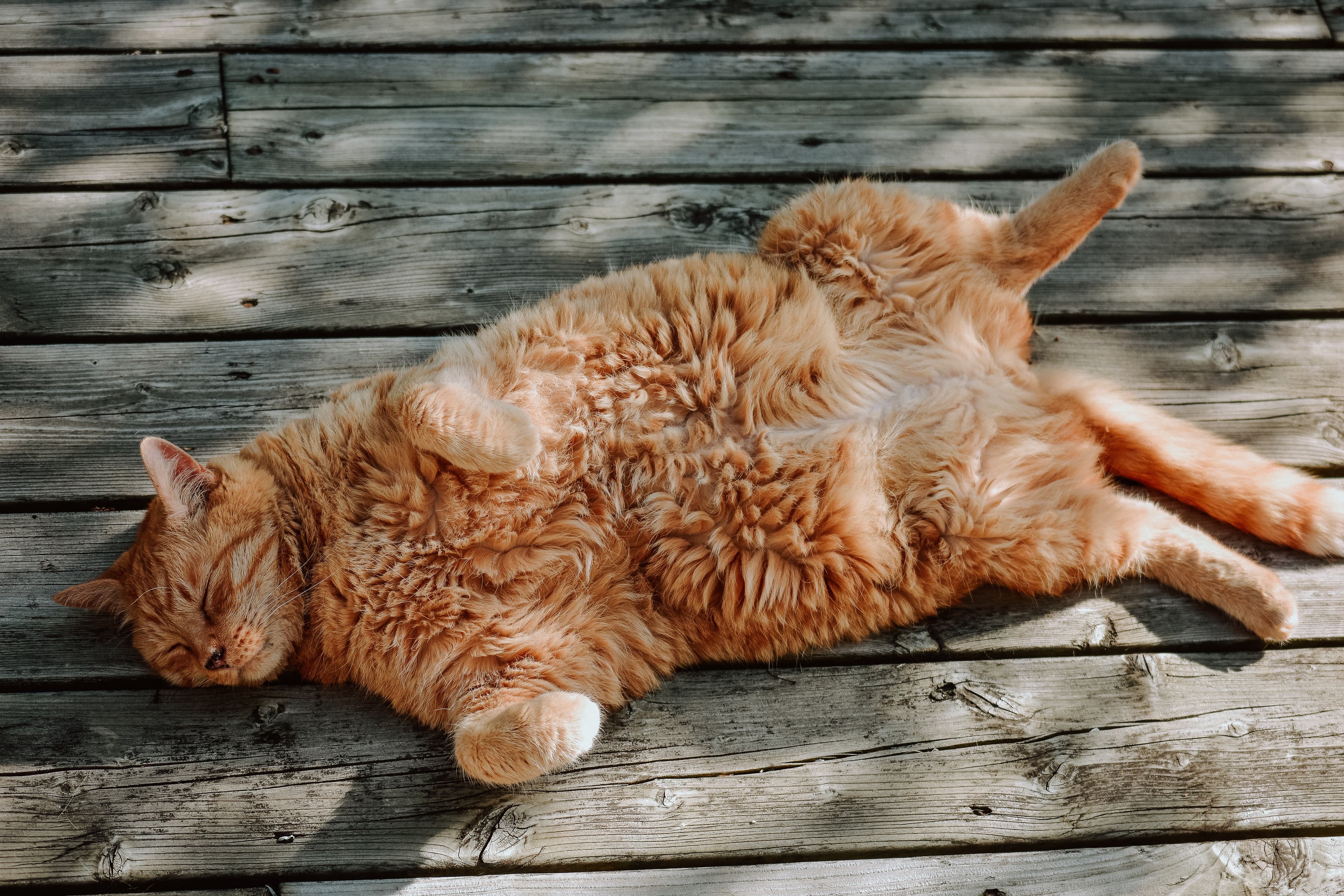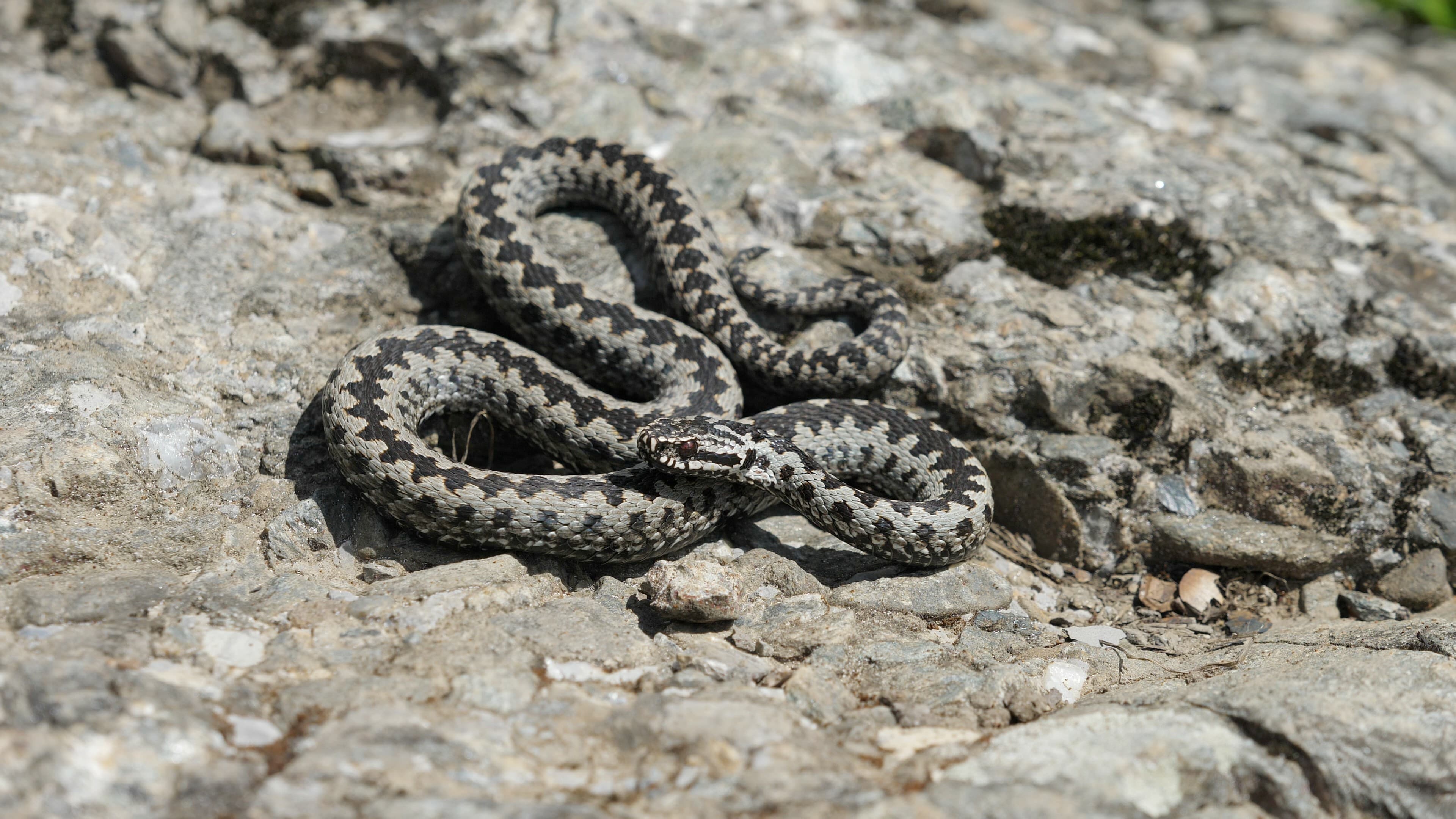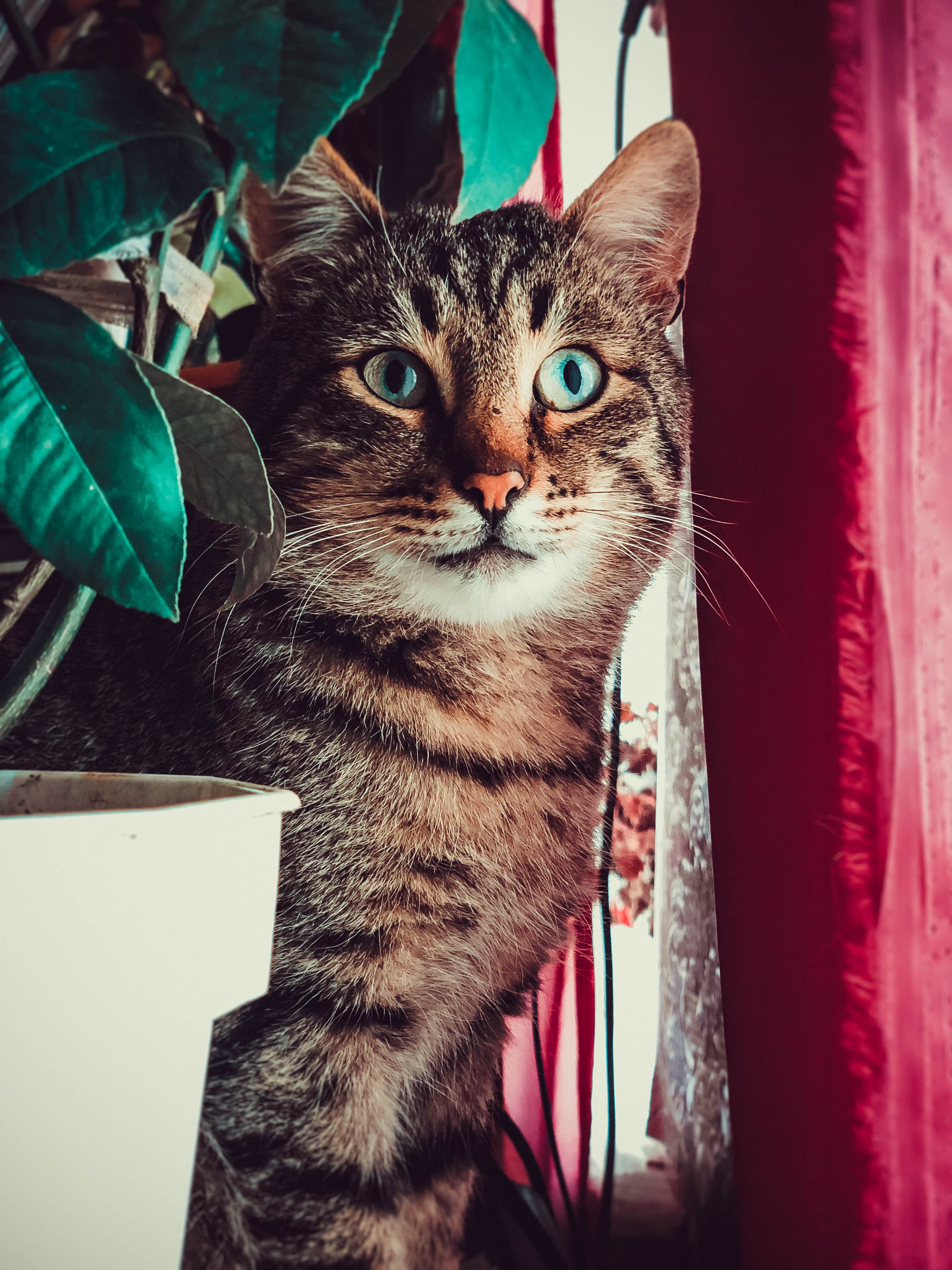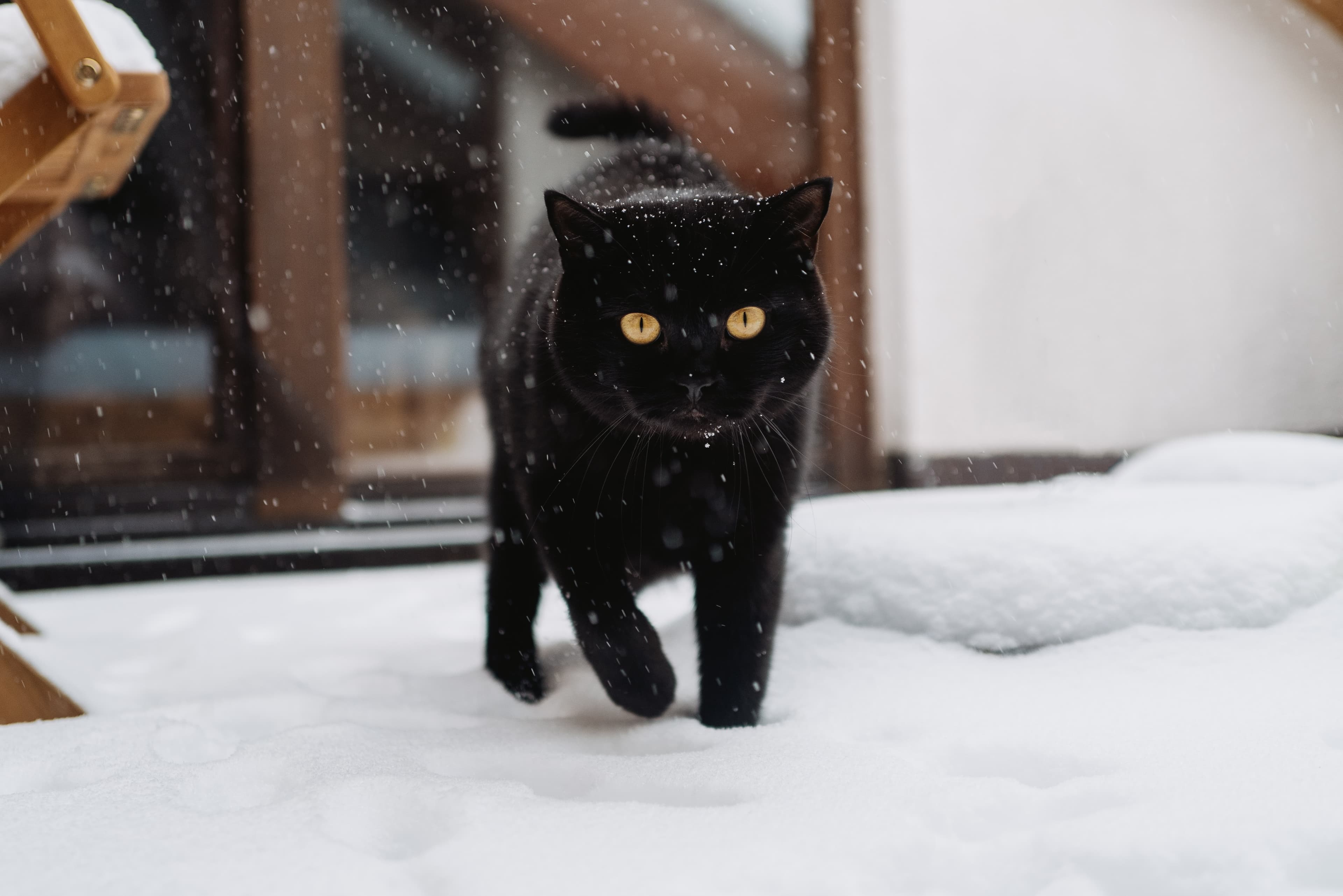Feline Obesity
Feline obesity is unfortunately common. All cats can become overweight, and just like in humans, obesity can lead to various health issues and even shorten your pet's life. Usually, it's caused by consuming more calories than they expend.
Neutered cats tend to gain weight more easily than unneutered cats. This is because after neutering, hunger increases while their metabolism slows down, often leading to obesity. You shouldn't give a neutered cat free access to food, as they'll likely eat more than they need and burn off.
It’s not easy to lose weight, so the best thing you can do to prevent your cat from becoming overweight is to be proactive. Ensure your cat gets enough activity and exercise, and feed them the right amount of food. You can work this out by following the guidelines on the packaging, but also by keeping an eye on their weight and body condition, and providing a personalised, appropriate diet.
If your cat is overweight, or you're unsure, we recommend seeking veterinary advice. Your vet can also help you create a weight loss plan and advise on how long it should take.






